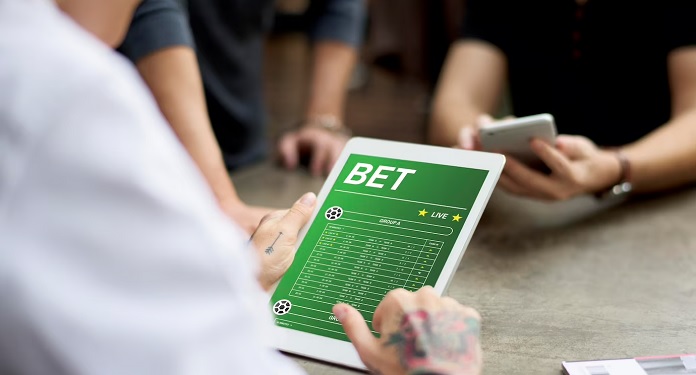The match-fixing scheme in Brazil shows the need to complete the sports betting regulation. The betting CPI in Congress must present projects related to this. The objective of the Federal Government is to create a secretariat in the Ministry of Finance to supervise and ensure compliance in the sector.
According to government projections, sports betting can move between R$ 120 billion and R$ 150 billion per year. According to estimates, more than a thousand bookmakers already operate in the national territory.
O Globo brought an editorial this Monday, the 22nd, highlighting that the regulation of sports betting needs to define forms of control to recognize accounts with suspicious activity, which may be linked to betting on fraudulent sporting events. Check out the full text below:
Sports betting regulation transcends the tax issue
The match-fixing scandal in football demonstrates the urgency of regulating and supervising websites and bookmakers. The Congressional Betting CPI promises to bring proposals for this. The government’s intention, already expressed, is to create a secretariat in the Ministry of Finance to certify these environments, in addition to monitoring the volume of money moved and tax collection. But it is doubtful that this is the best strategy for the country.
Allowed from 2018, the bets move, by the government’s own estimates, between R$ 120 billion and R$ 150 billion (to have a basis for comparison, Caixa Econômica’s lotteries earned R$ 23 billion in 2022). According to some estimates, something like a thousand sites already operate to bet on football matches, whose servers and headquarters are far from the reach of the Federal Revenue Service. It’s no wonder that the government is keeping an eye on the money that goes beyond any inspection.
But a merely fiscalist view of online betting regulation would be a mistake. Creating an appendix of the Federal Revenue in the Ministry of Finance is not enough to deal with the regulatory challenge. The portfolio is historically focused on guaranteeing revenue and formulating economic policies. It does not have the appropriate culture to house in its structure a body destined to deal not only with mafias trying to circumvent rules to earn easy money, but with a universe that mixes health, digital technology and sports.
The government may even be satisfied with the tax revenue from the games, and even then Brazilian football will continue to lose credibility. Any doubtful bid fuels endless discussions. If the supervision of bookmakers does not guarantee that they are reliable, there will be doubts about the manipulation of the results of the games. Fans will move away from stadiums and broadcasts, and Brazilian football will enter an unprecedented crisis.
It is necessary to surround the question on all sides. Regulation needs to establish controls to identify accounts with unusual movements that may be related to betting on rigged matches. According to lawyer Pedro Simões, from Duarte Garcia, Serra Netto e Terra, Coaf, the body that monitors financial transactions, would be appointed to act in this field. He also suggests a maximum value for bets more subject to fraud, such as the number of cards or penalties in a match.
There are those who defend a specific agency, with the participation of the Federal Police, Public Ministry, CBF and clubs. In Spain and Germany, players can report grooming attempts or any suspicious movement around a game, under absolute secrecy, through an app. The important thing is for the government, CBF and clubs to understand that in the world of betting on football and any other game, fraud cannot be left open, because credibility is the sport’s greatest asset.




















































